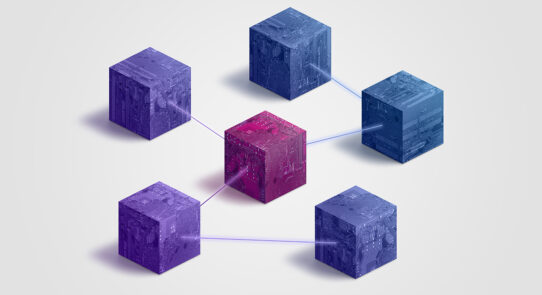CasinoColada – European Parliament Greenlights Data Act with Controversial Smart Contract “Kill Switch”
In a landmark decision, the European Parliament has given its nod to the Data Act, a sweeping piece of legislation within the European Union that introduces a significant and controversial clause requiring smart contracts to be equipped with a “kill switch.” The legislation, which garnered 481 votes in favor and faced 31 in opposition, now awaits final approval from the European Council. For more news in the world of crypto and casinos, stick with CasinoColada!
The pivotal aspect of the Data Act centers around the stipulation that smart contracts must possess the capability to be “interrupted and terminated,” marking a departure from the foundational principle of decentralization that underpins blockchain technology. This addition of a “kill switch” has ignited debates within the blockchain community, raising concerns about its potential impact on smart contract development and usage.
The current wording of the legislation mandates that smart contracts incorporate a mechanism for interruption and termination, introducing a centralized control feature that appears contradictory to the decentralized nature inherent in blockchain operations. This requirement raises questions about the autonomous and self-executing essence that defines smart contracts.
Legal experts, including Scott McKinney and Laura De Boel from Wilson Sonsini Goodrich & Rosati, have expressed reservations regarding the compatibility of a “kill switch” with the core principles of smart contracts. They argue that the Data Act’s broad definition of smart contracts may encompass computer programs not traditionally considered as such. This ambiguity could potentially deter companies from utilizing smart contracts in data-sharing agreements, given the stringent requirements and potential burdensome conformity assessments.
CasinoColada – Impact on Innovation and Adoption:
Concerns about stifled innovation within the EU due to compliance with the Act’s strict requirements have been voiced. McKinney and De Boel suggest that vendors may face challenges and burdensome conformity assessments, hindering the vibrancy of blockchain innovation. Despite these concerns, the Data Act aims to foster standardization within the smart contract space by tasking European standardization organizations with drafting harmonized standards.
Implementing and regulating a kill switch mechanism, according to Wirex co-founder and CEO Pavel Matveev, would require smart contract deployers to conduct self-assessments for compliance and issue an EU declaration of conformity. However, the lack of precision in the Act regarding the circumstances triggering interruptions or terminations leaves the industry grappling with uncertainties.
CasinoColada – Challenges and Skepticism:
Critics argue that the introduction of a kill switch adds a centralized element to smart contracts, potentially eroding trust. Gracy Chen, managing director at Bitget, notes that the kill switch could impose additional compliance requirements, leading to delays and increased costs in smart contract deployment. Furthermore, the enforceability of smart contracts, dependent on their autonomous nature, could be compromised by third-party interventions.
The Data Act reflects the EU’s proactive approach to regulating emerging technologies. Arina Dudko, head of corporate payment solutions at Cex.io, draws parallels between the development of rules around blockchain technology and safety standards for automobiles. She emphasizes that regulations, while initially viewed as a hindrance, can contribute to user safety and broader market acceptance.
CasinoColada – Conclusion and Looking Forward:
As the Data Act approaches potential enforcement, the blockchain industry faces a period of adaptation and preparation. The Act, while presenting challenges and potential drawbacks, offers a framework for standardization that could enhance the use of blockchain technology in the EU. The industry awaits further developments and regulatory clarity as the EU continues to shape its stance on digital technologies.
The Author



